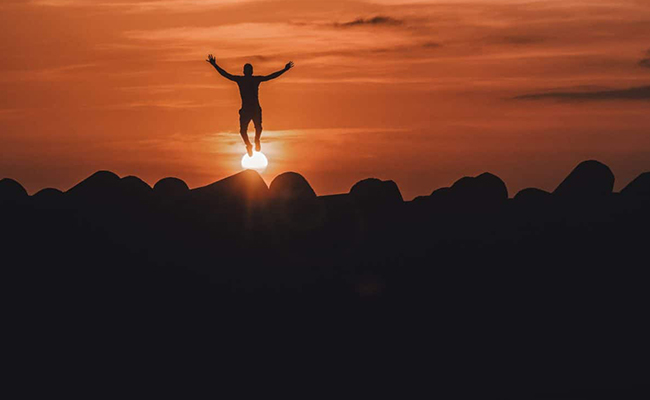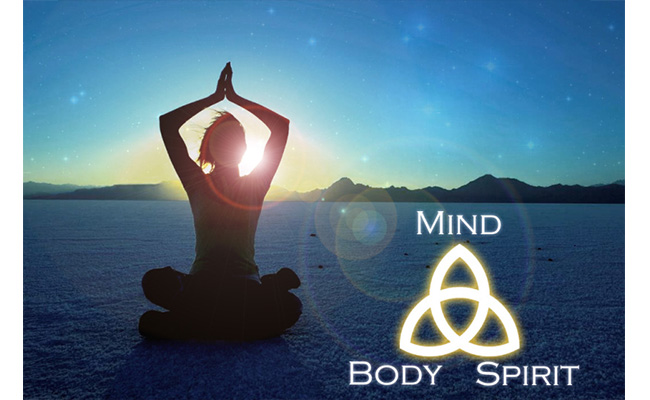No One Wants To Get Addicted
People start using drugs for different reasons. People end up with a Drug Habit for no good reason.
Some choose to try them because they are curious about the way they will make them feel. They have seen other people taking drugs like heroin, cocaine, or ice and they feel left out. People want to feel what their friends are feeling. They want to know what it’s like to be a part of what they think is the “in crowd.” Or, maybe they are at a club or party and someone asks them if they want to get high. They say, “sure – why not!?”
Others start using drugs because they are in pain. It could be physical or emotional pain. Many people become hooked on prescription opioids, for example, because they have sustained an injury or undergone surgery. They are prescribed narcotic pain medication from a doctor and they take it for legitimate reasons. After awhile, though, they may become physically addicted. Others take drugs because they are hurting inside, depressed, or feel lonely and they want to change the way they feel.
Whatever someone’s reasons might be for taking drugs in the first place, no one chooses to get hooked. No one sets out to become to have a drug habit or become and addict. Not one single person in the history of the world said to themselves when they were little, “When I grow up, I want to be an addict!” Not one.
Addiction Has a Way of Creeping Up On You
The thing about drug addiction is that it’s tricky. It kind of just happens when you aren’t looking. First, it’s fun to use drugs. You like the way they make you feel and you think life is one big party. Laughing and hanging out with your friends and you have a good time. You do them every once and awhile and it’s all good.

Soon, you start doing drugs on the weekdays. It starts to take more of your time and money to sustain the supposed good time that you are having. You find that you think about drugs a lot when you’re not doing them. You want to do more and more – so you start doing more and more. Maybe you really don’t notice that anything is wrong, though you still convince yourself that everything is okay.
Before long, you are doing the stuff every single day. If you don’t do it, you feel irritable and discontent. Angry and hostile. You have to do drugs when you wake up and you need them to fall asleep. Sometimes you go on binges that last days at a time. You spend all of your money on it. Now, you are hooked. And you have no idea how it happened.
If The Party Has Ended & You Have A Drug Habit, You Need Help
When addiction finally takes complete control, there is nothing fun about using drugs. The party is over. Your drug use has spiraled out of control and your life is going downhill – FAST! You are alone and isolated and you no longer feel you can function with or without drugs. You have a drug habit.
If you’re not having a good time anymore and you think you might need help for your drug habit, contact us. We can get you into treatment right away so you can get your life back and start having fun again. Sober fun.




















